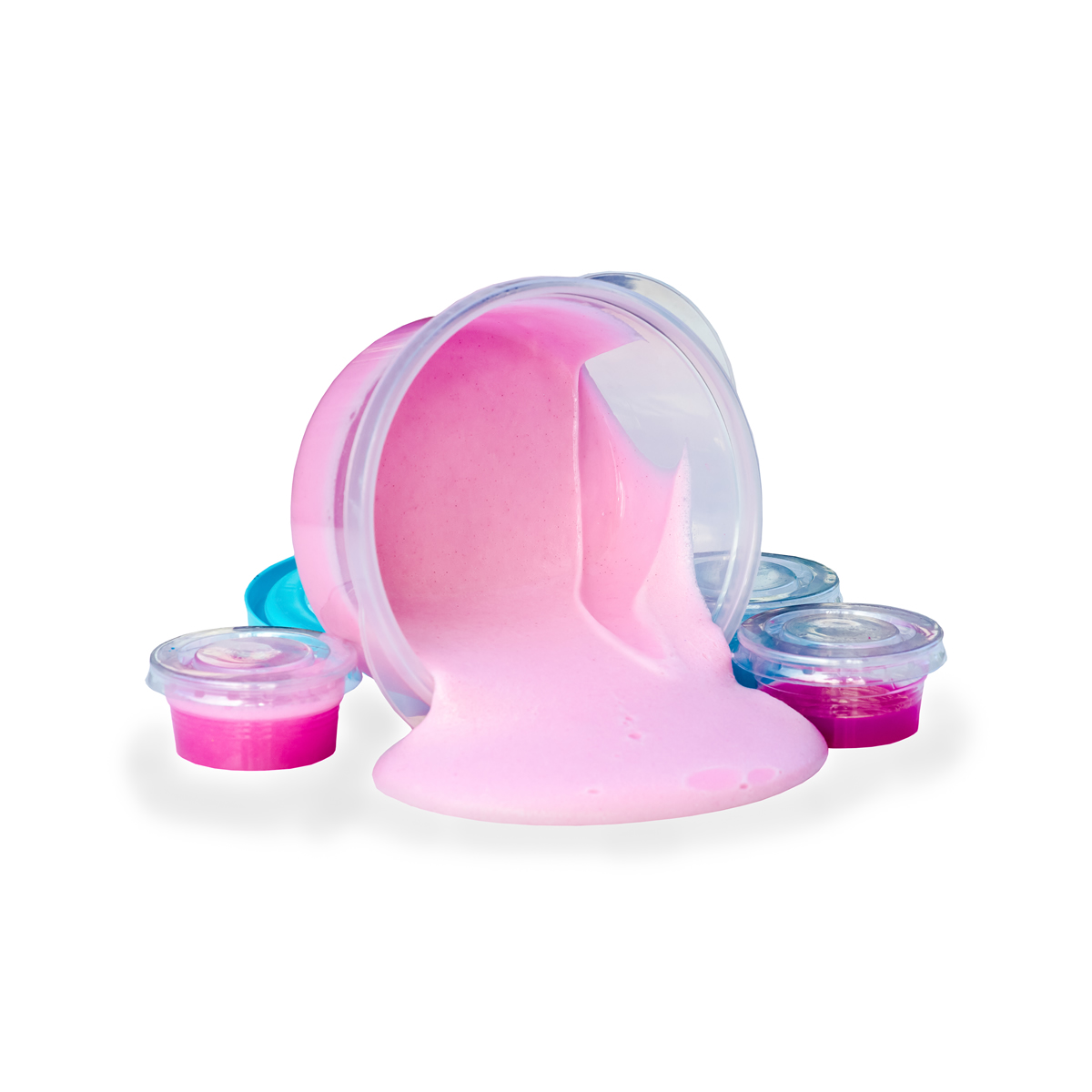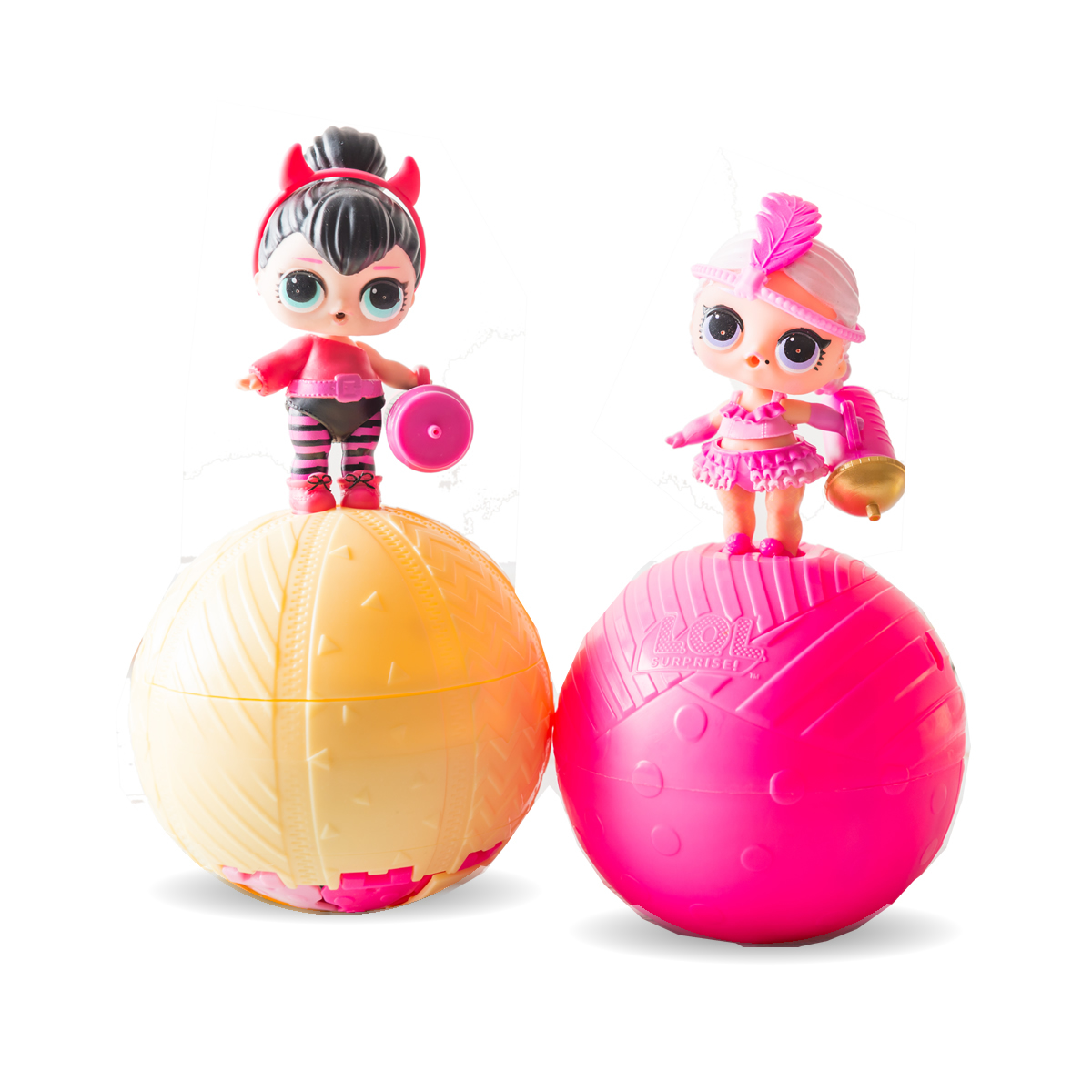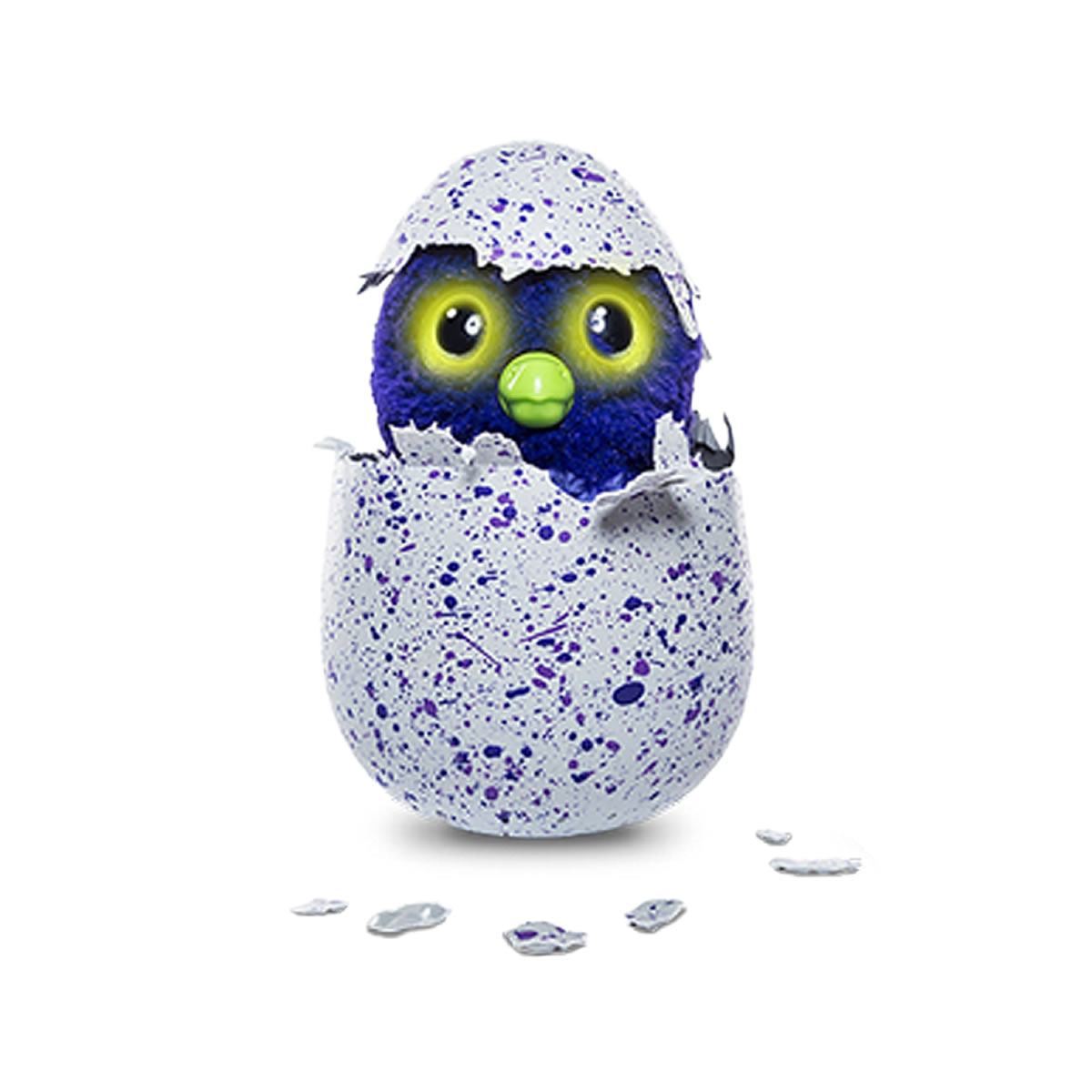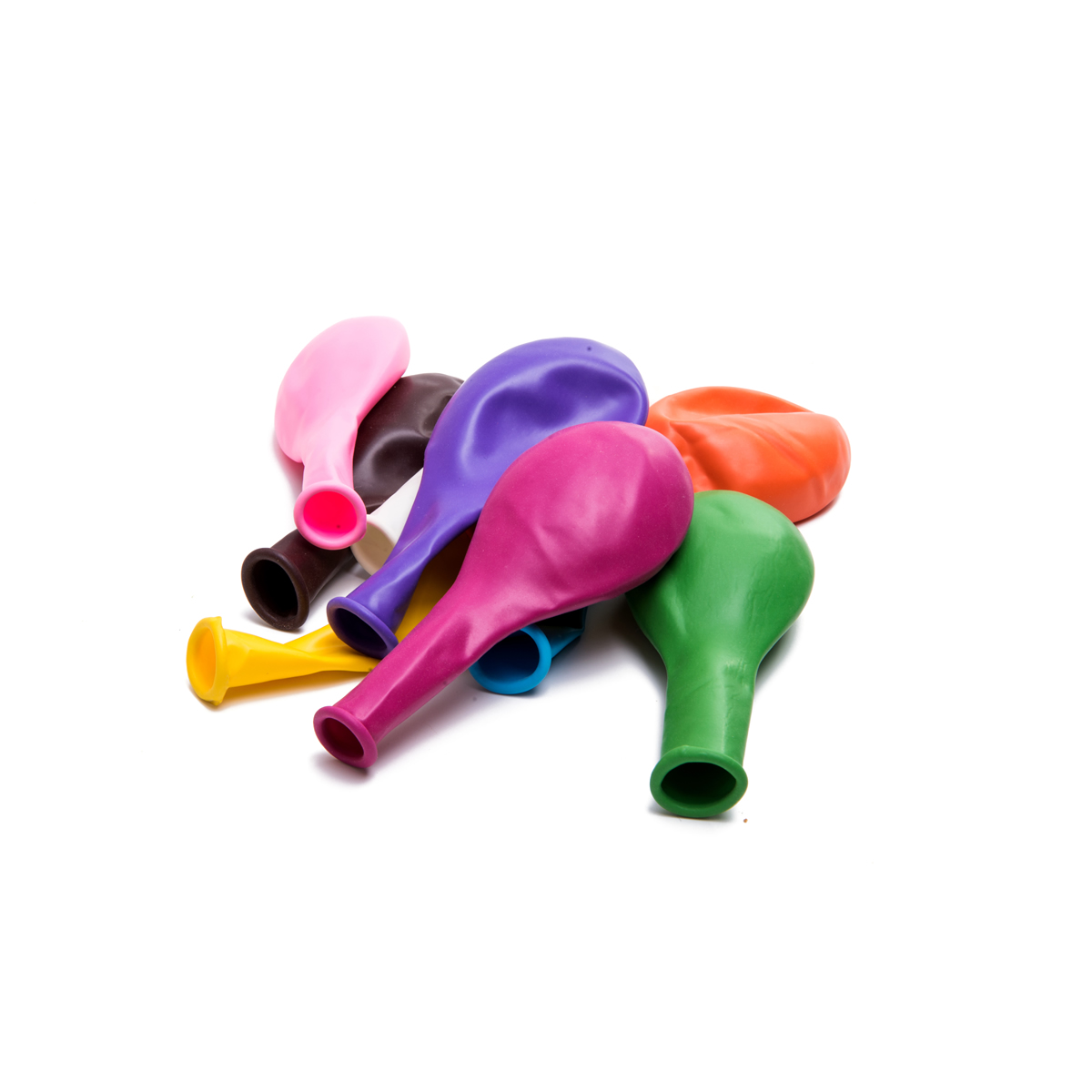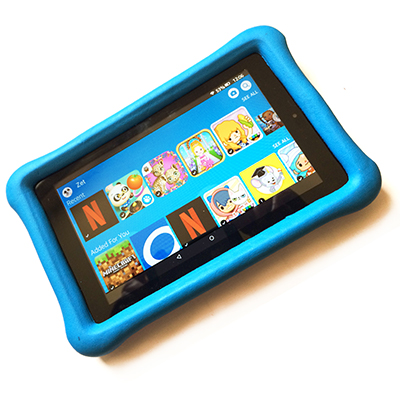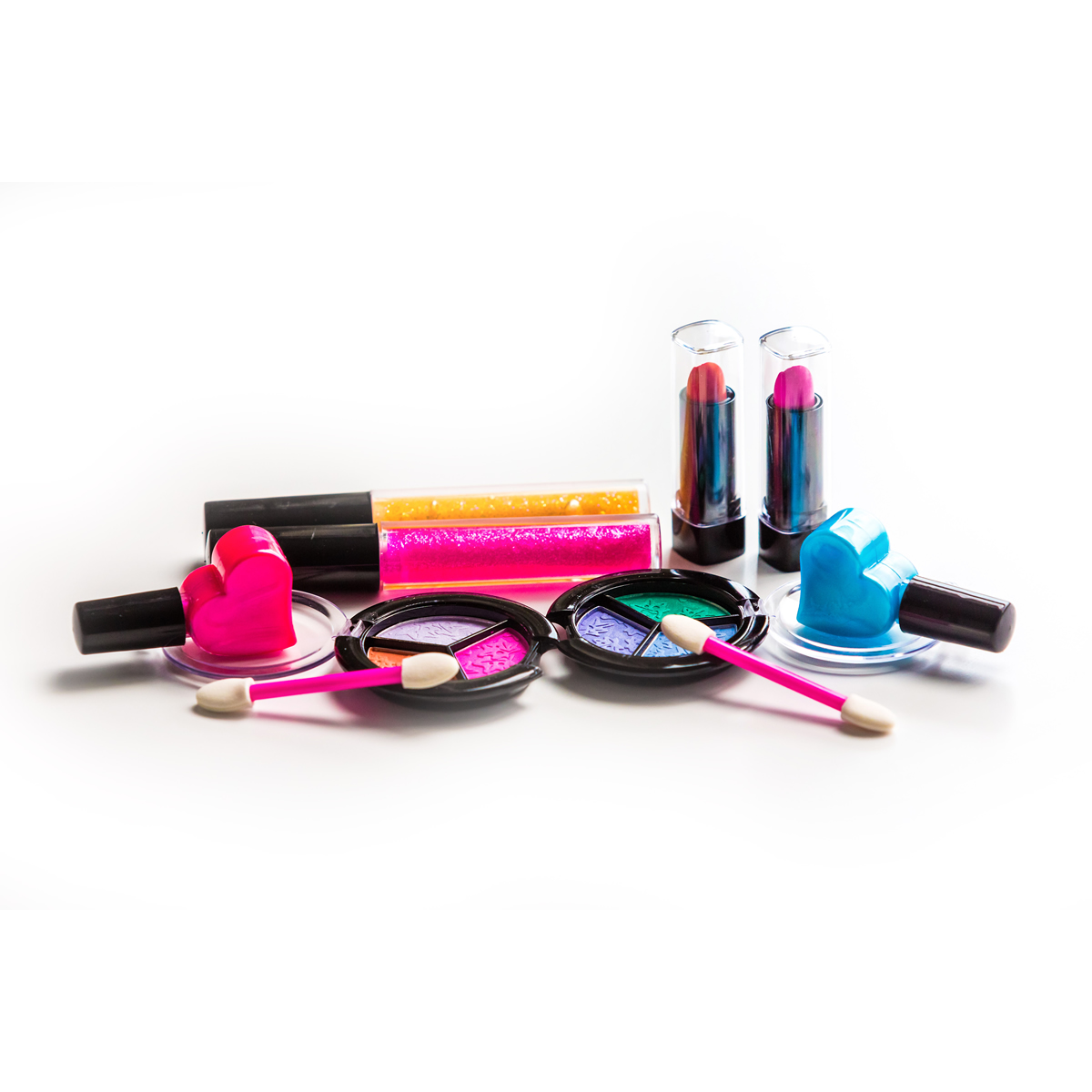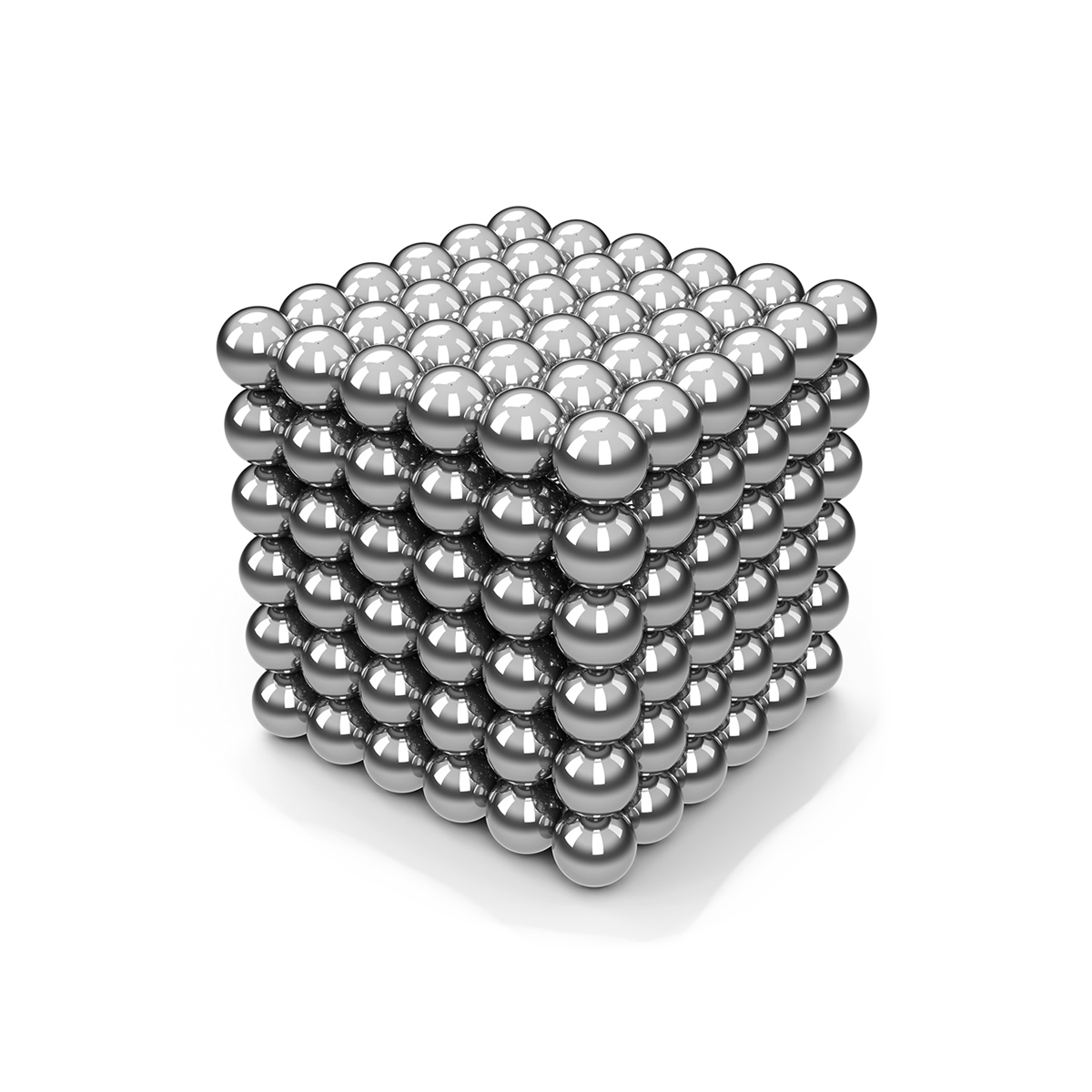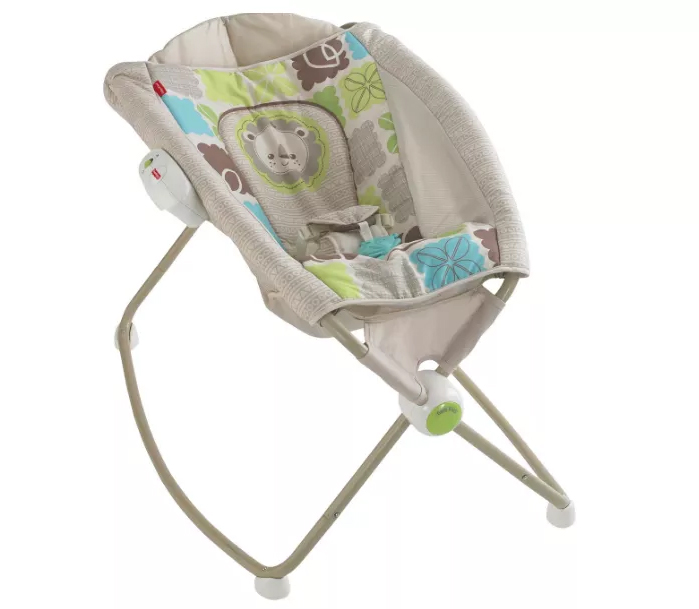
Trouble In Toyland 2019
34th Annual Toy Safety Report
Our 34th annual toy safety report.
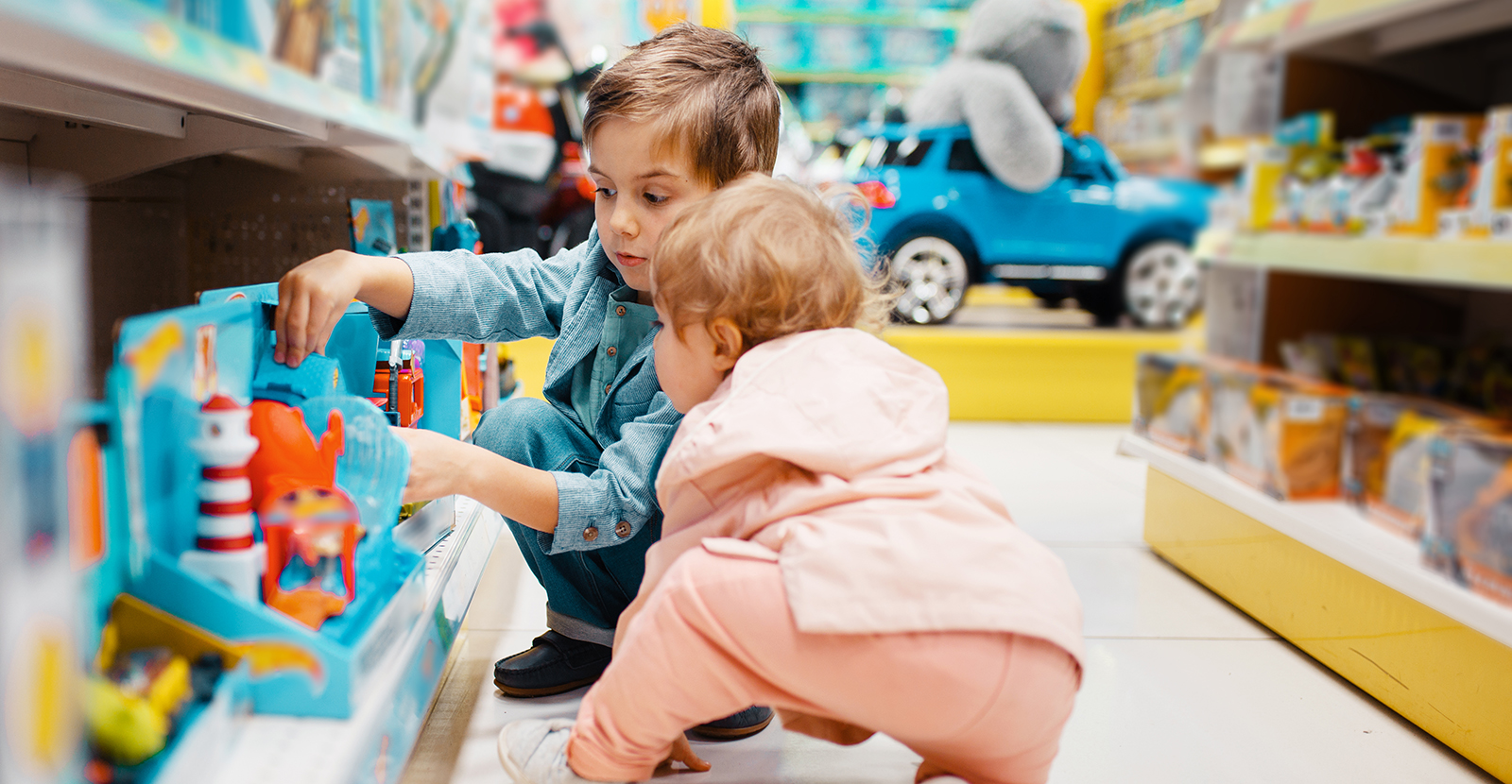
Over the past 33 years, our annual reports have led to more than 150 recalls of unsafe toys, inspired legislation like the Consumer Product Safety Improvement Act, and empowered parents to take key actions to ensure toys are safe.
We’ve come a long way, but there is more to be done
We need to push for new and stronger safety standards
We need to make our recalls more effective

Read the full report
Photo credits—Top Image: Nomad Soul / Shutterstock.com. Highlight boxes (clockwise): CSPC; Public Domain via Pixabay.com; Barbara Rayman via WikiMedia, Dragon Images via Shutterstock; Public Domain via Pixabay.com; Staff photo. Toy Safety Tip (top to bottom): Tatiana Popova / Shutterstock.com; somsak nitimongkolchai / Shutterstock.com; Ink Drop / Shutterstock.com; Anna Mente / Shutterstock.com; Public Domain CC0; Public Domain CC0; staff; Photo Spirit / Shutterstock.com; Oakozhan / Shutterstock.com; Public Domain CC0; staff photo; CSPC.
Topics
Find Out More

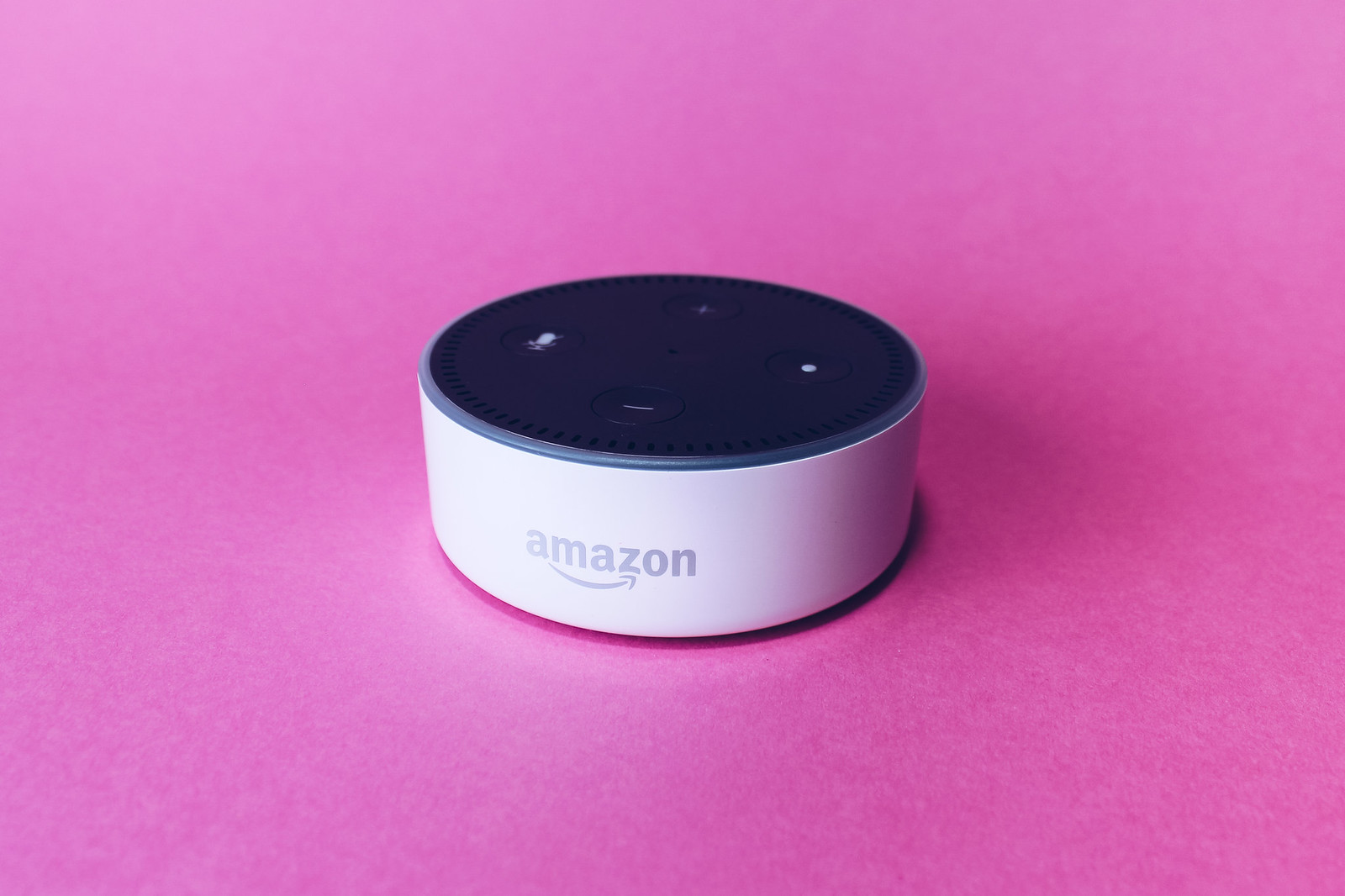
Is Alexa always listening? How to protect your data from Amazon

Safe At Home in 2024?



